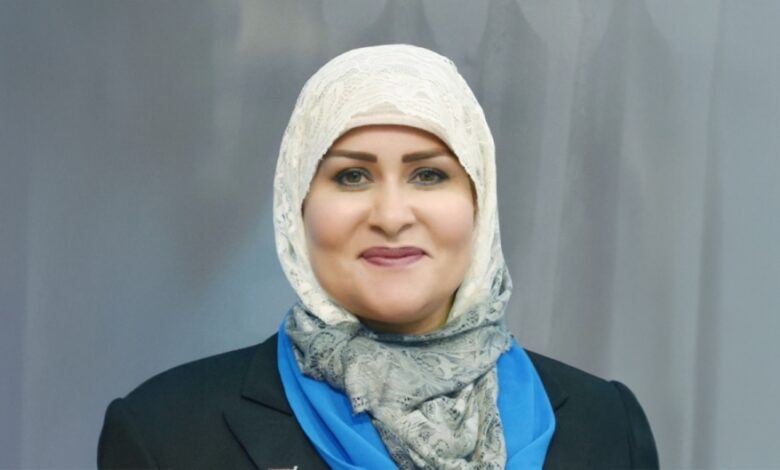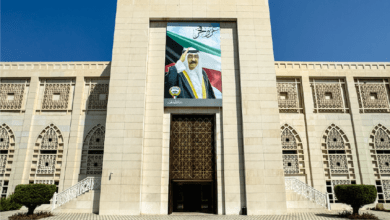Gulf media must move beyond promotion to shape energy discourse: Tamader Al-Sabah
New strategy embraces AI, digital tools to modernize Gulf petroleum media; unified GCC media vision aims to enhance energy security awareness and international influence

The Ministry of Oil announced that Gulf Cooperation Council (GCC) countries have successfully completed the update of a unified petroleum media strategy aimed at strengthening their communication efforts in the energy sector.
This move reflects a shared understanding of the vital role media plays in supporting and explaining energy policies amid a changing global energy landscape. Sheikha Tamader Khaled Al-Ahmad Al-Jaber Al-Sabah, Director of Public Relations and Petroleum Media at the ministry, confirmed the announcement during the recent GCC Petroleum Cooperation Committee meeting.
Sheikha Tamader emphasized that the new strategy comes at a time of significant global shifts in how energy is produced and consumed. The aim is no longer merely to promote Gulf energy policy but to raise public awareness about complex energy issues such as sustainability, energy security, and the transition to cleaner alternatives. The updated media framework is designed to address these challenges with a unified Gulf voice, capable of influencing both regional and international public discourse.
The working group responsible for the updated strategy worked extensively to align its goals with the rapidly evolving global energy market. A clear roadmap has been established, including a timeline for implementation and key performance indicators to track the progress of Gulf media in achieving its strategic objectives. This also enhances the visibility of GCC energy policies and showcases the region’s contributions to stabilizing global oil markets.
As part of the strategy’s execution, emphasis has been placed on transforming Gulf media into a more professional and integrated entity. The goal is to develop a knowledge-based, transparent media that goes beyond promotional messaging to offer analytical and objective content. This transformation includes leveraging digital tools and AI technologies to modernize the creation and distribution of petroleum-related media.
Another important component of the updated strategy is building robust communication networks between oil ministries, national petroleum companies, and media agencies across the GCC. Such coordination will foster expertise sharing and amplify the Gulf’s presence in global media, especially at a time when narratives surrounding fossil fuels and environmental issues are increasingly polarized.
Sheikha Tamader concluded by stressing that the GCC’s petroleum media must evolve into a strategic force aligned with shared national interests. By doing so, it can serve as an essential platform for international engagement and a strong advocate for the region’s energy policies. The revamped media strategy will help reposition the Gulf’s voice in global energy discussions and respond to growing pressures like climate change and geopolitical shifts.












